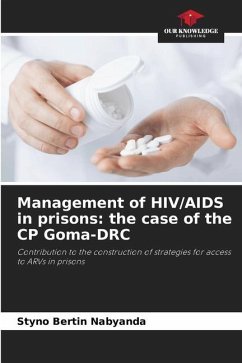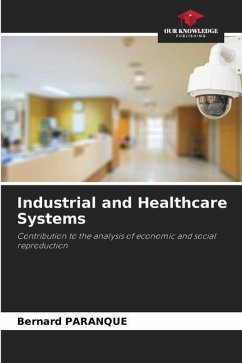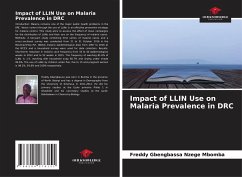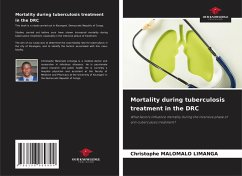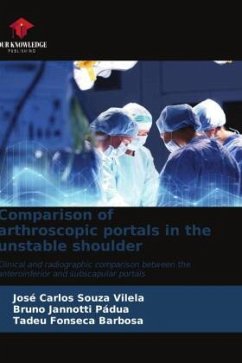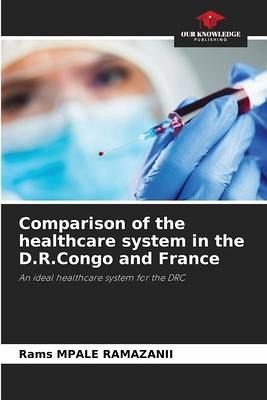
Comparison of the healthcare system in the D.R.Congo and France
An ideal healthcare system for the DRC
Versandkostenfrei!
Versandfertig in 6-10 Tagen
29,99 €
inkl. MwSt.

PAYBACK Punkte
15 °P sammeln!
Healthcare systems are not the same throughout the world, depending on the history, traditions and politics of each country, as well as its socio-cultural and economic factors, etc. (UNICAF University, 2022). As a result, comparing countries' healthcare systems remains an elusive exercise (Schieber and Pouiller, 1990, as cited in Kananovich, 2021). Moreover, it is very laborious to determine precisely an ideal healthcare system. However, to establish a healthcare system that comes close to the ideal, it should be noted that health depends not only on medical care, but also on the reduction of ...
Healthcare systems are not the same throughout the world, depending on the history, traditions and politics of each country, as well as its socio-cultural and economic factors, etc. (UNICAF University, 2022). As a result, comparing countries' healthcare systems remains an elusive exercise (Schieber and Pouiller, 1990, as cited in Kananovich, 2021). Moreover, it is very laborious to determine precisely an ideal healthcare system. However, to establish a healthcare system that comes close to the ideal, it should be noted that health depends not only on medical care, but also on the reduction of social and cultural inequalities and harmful behaviors in society (Stasse, 2012). The French healthcare system is more improved than that of the DRC, and the French population is healthier than the Congolese population. An ideal healthcare system for the DRC is one that provides quality care, accessible to the population, even the poorest, with financial and geographical accessibility in a context of Universal Health Coverage (UHC) with the removal of socio-cultural barriers through awareness-raising campaigns that also involve the community. A healthcare system capable of coping with the various epidemics that arise in the country, with a sufficient number of well-trained, well-paid, quality personnel.



